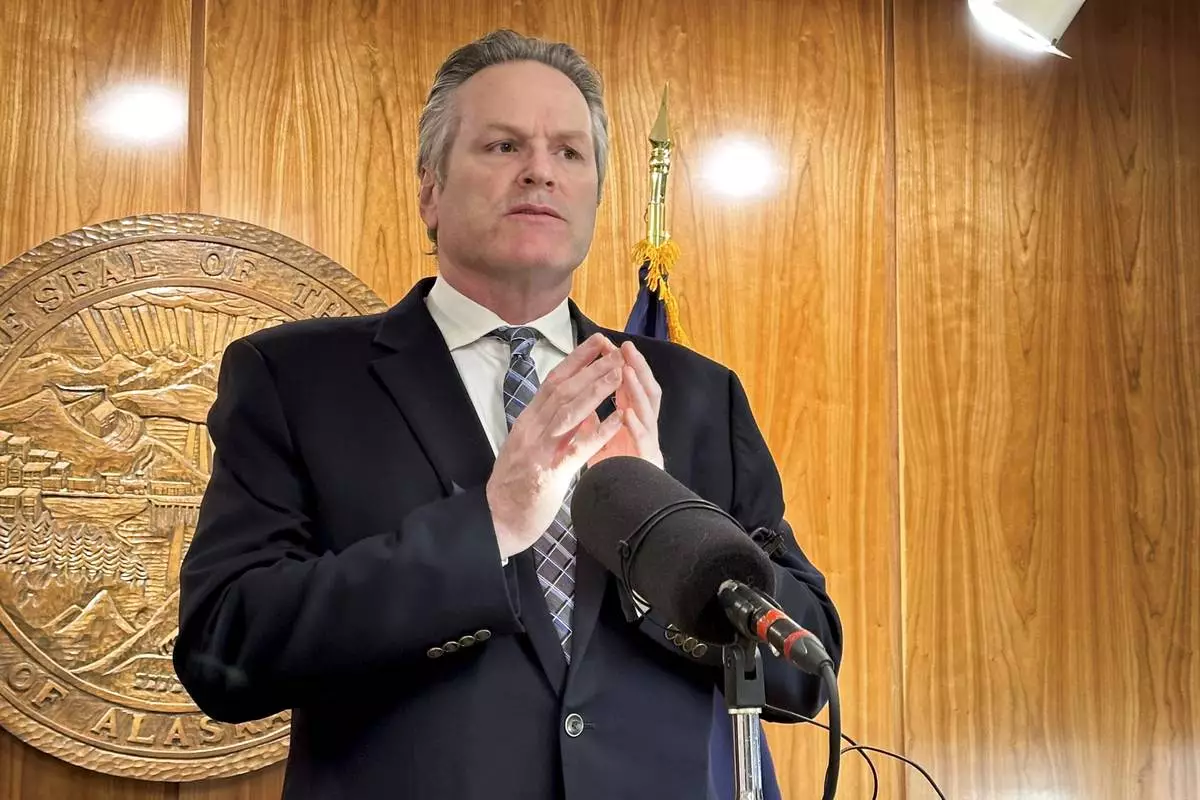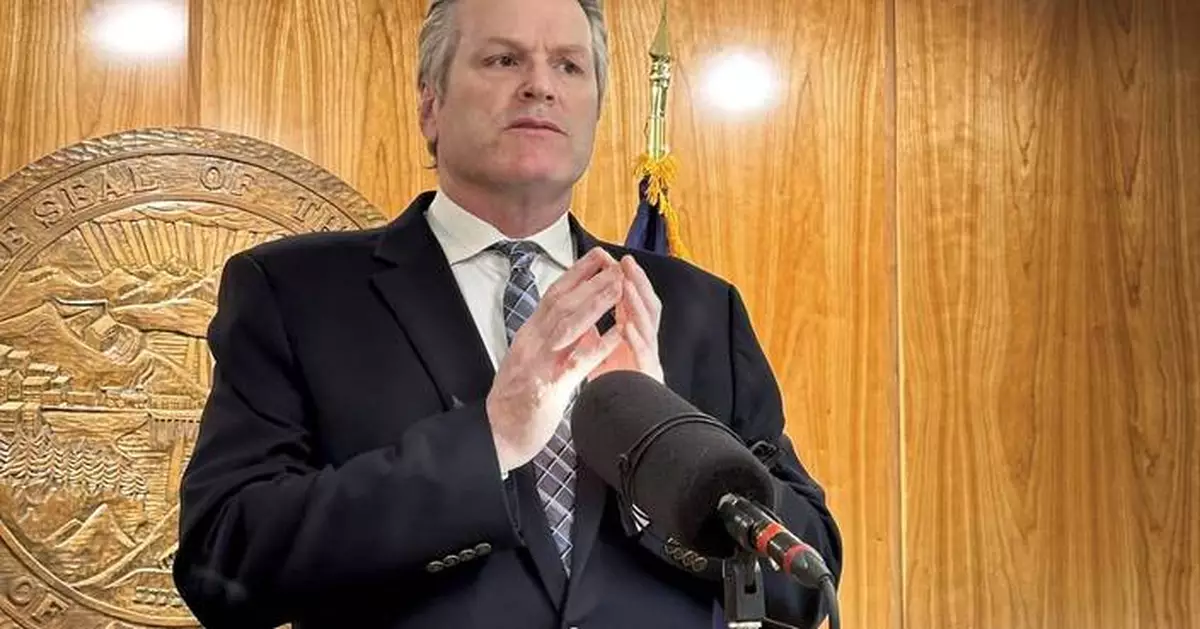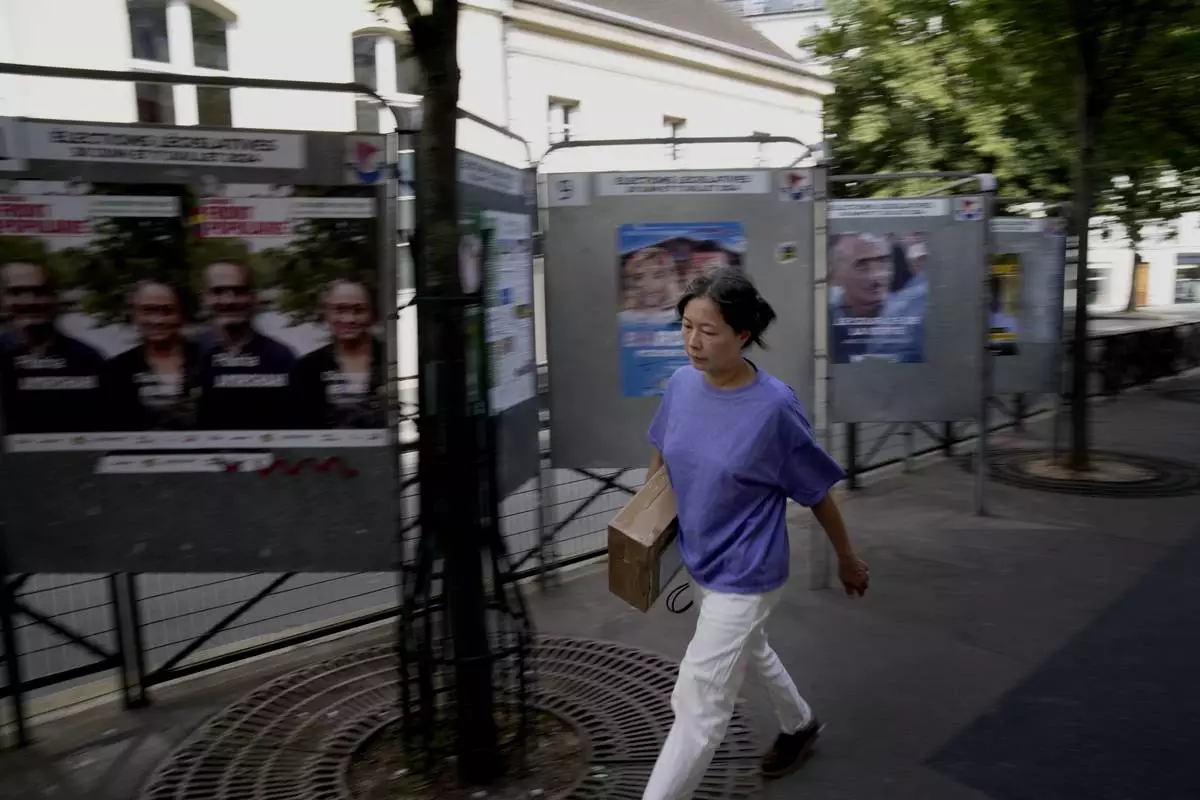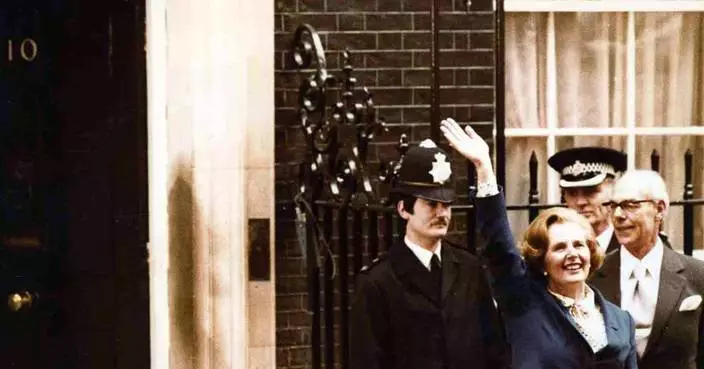JUNEAU, Alaska (AP) — The Alaska Supreme Court is weighing a case that challenges as unconstitutional laws that have allowed families with children in home-study programs to use public money for education-related expenses at private schools.
The court heard arguments Thursday in Anchorage, more than two months after Superior Court Judge Adolf Zeman sided with a group of parents and teachers who brought the challenge.
The case centers on provisions of state law passed a decade ago that have allowed families with kids in correspondence school programs to receive thousands of dollars a year in reimbursements for instruction-related costs.
The allotments drew scrutiny after Jodi Taylor, the wife of Attorney General Treg Taylor, wrote an opinion piece in 2022 about “an opportunity — which has been hiding from public view – for families to use their children’s education allotment” for classes at private schools and other educational options.
Zeman ruled in April that the provisions “were drafted with the express purpose of allowing purchases of private educational services with the public correspondence student allotments." He said that conflicts with the Alaska Constitution, which says public funds cannot be paid “for the direct benefit of any religious or other private educational institution."
Attorneys for the state asked the state Supreme Court to reverse Zeman's ruling, arguing in part that the ruling was overly broad. Attorneys for parents who have used their allotments to pay their children’s private school tuition and intervened in the case said the allotments are a direct benefit to families, not private schools. They say parents have a federal right to choose private schooling.
The Legislature wasn't obligated to create a correspondence study option, Kirby Thomas West, an attorney with the Institute for Justice representing the intervening parents, told the court Thursday. “But once it did, once it has said, We are going to allow you to use this allotment benefit ... to do a wide array of things, including home schooling, tutoring, books, curriculum, all kinds of things, the state can’t — as the Superior Court’s interpretation would do — then say, except for one, except for send your kids to private school.”
The Supreme Court did not indicate Thursday when it would rule.
More than 22,000 students are enrolled in correspondence schools, a type of homeschooling supported by local school districts. It can be an option for families living in remote reaches of Alaska, but some families in more urban areas also choose correspondence programs as an alternative to traditional neighborhood schools. Allotments can be used for such things as physical or speech therapy for students with special needs or for help paying for some college courses, according to court filings.
At issue in the case are provisions of a 2014 law that says districts with correspondence programs are to provide individual learning plans for correspondence students. Parents can use allotments to buy “nonsectarian services and materials from a public, private, or religious organization” if those services or materials are required for the child's learning plan and meet other standards, such as approval by the school district and support "a public purpose.”
Those provisions, which Zeman ruled unconstitutional, originated in a bill proposed by then-Sen. Mike Dunleavy, who is now governor. The Republican — a former teacher and school administrator who has advocated for greater school choice and parental involvement in education — also had proposed a companion constitutional amendment that would have allowed public money to go to private or religious schools. That amendment proposal stalled for lack of support.
Jodi Taylor, in her 2022 opinion piece, said two of her children at the time attended full-time a private school in Anchorage and also were enrolled in an Anchorage School District correspondence program. She said she planned to request that allotment funds for the children be used to help pay tuition costs at the private school, which she said was an approved vendor for the correspondence program. It was not clear, though, if that happened.
Two months after the piece was published, the Department of Law, headed by Treg Taylor, released a legal opinion on allotments penned by Deputy Attorney General Cori Mills. It said use of allotments to pay most or all of the tuition at a private school was “almost certainly unconstitutional,” but said they could be used in some circumstances to pay for certain classes at a private school that supported a child's home-based education. Treg Taylor had recused himself from the matter.
But the attorney general said after the lawsuit was filed in 2023 that he sought ethics advice that ultimately determined he could participate in the case. He said by email this week that the ethics advice was confidential, and he did not respond to questions about his children's schooling.
The state has gotten outside help in the case. It signed a contract worth up to $100,000 with attorney Elbert Lin, a former solicitor general for the state of West Virginia who argued the state's case Thursday. The Texas-based First Liberty Institute, a self-described religious liberty legal organization, is providing pro bono legal advice on the case “and any subsequent appeals,” according to contracts released by the Alaska Department of Law.
State lawmakers in response to Zeman’s decision earlier this year passed a bill with provisions aimed at providing stability for correspondence students while the litigation plays out. The move came near the end of a contentious legislative session in which they clashed with Dunleavy on public school funding.

Alaska Republican Gov. Mike Dunleavy speaks to reporters during a news conference on topics including education, Feb. 7, 2024, in Juneau, Alaska. The Alaska Supreme Court is weighing a case that challenges as unconstitutional laws that have allowed families with children in home-study programs to use public money for education-related expenses at private schools. The court heard arguments Thursday, June 27 in Anchorage — more than two months after a lower court judge sided with a group of parents and teachers who brought the challenge. (AP Photo/Becky Bohrer, file)










